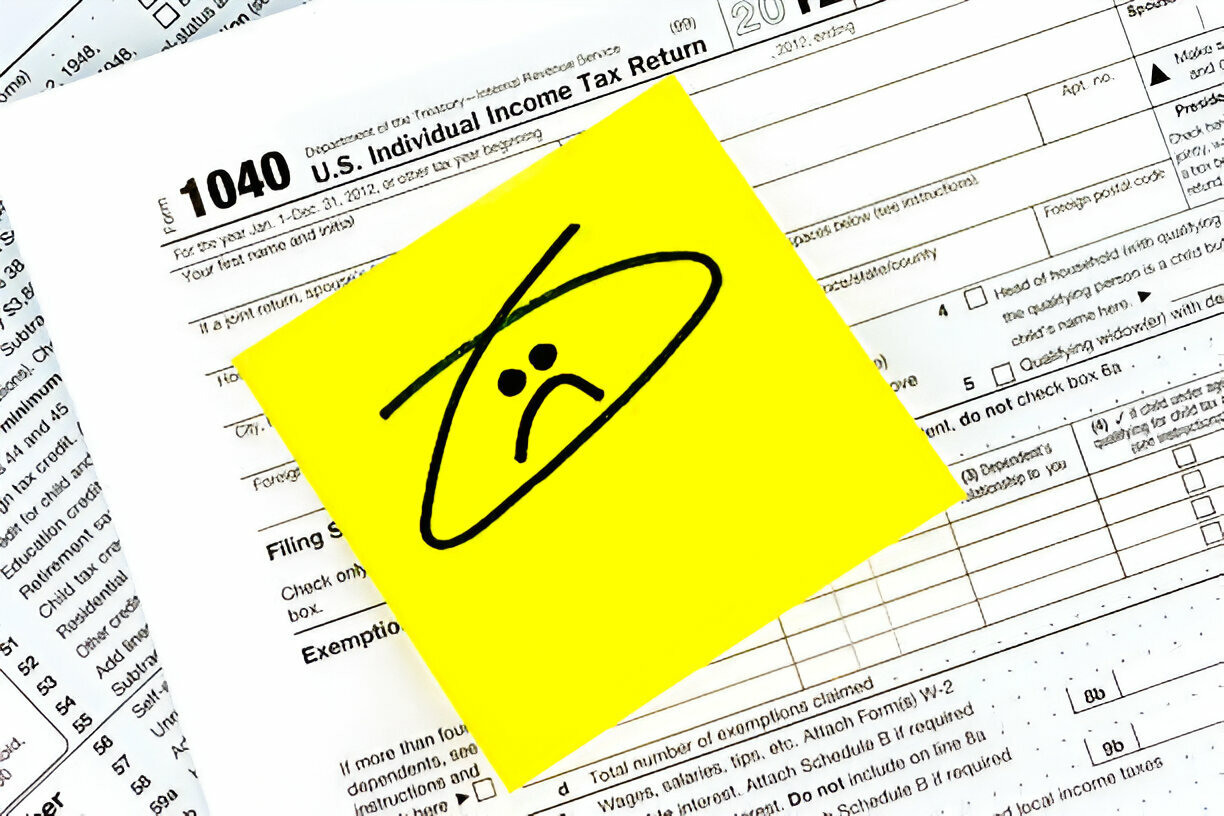More Americans believe what they pay in federal income taxes to the IRS is unfair, as tax fairness nearly reaches an all-time low, according to a new Gallup poll.
Half (50%) of the 1,002 people polled by Gallup last month believe their taxes are unfair, up from 47% in 2024 and 39% in 2020. On the flip side, 46% think what they pay in federal income taxes is fair, down from 49% last year and 59% five years ago.
According to Gallup, the current figure of 46% of taxpayers who believe their taxes are fair is just one percentage point above the low point (45%) found in 1999.
- Related article: Republicans Float Idea of a Top Tax Rate of 40% for Millionaires
- Related article: How Much Do the Top 1% Pay in Taxes in Each State?
- Related article: Confusion and Stress Drive Americans’ Desire for Tax Reform, Survey Finds
About tax fairness through the years, Gallup wrote:
The decline in perceived fairness of taxes since 2022 may be tied to inflation and higher prices in recent years, and possibly Biden-era tax increases, though those primarily were limited to upper-income Americans making $400,000 or more.
Gallup first asked about federal income tax fairness during World War II, when between 85% and 90% of Americans said the income tax they were paying was fair. Once the war ended, that figure dropped to the low 60s in two 1946 polls. When Gallup revived the question in 1997, 51% of Americans viewed their taxes as fair and 43% as unfair.
Two years later, the trend low (45%) occurred during the dot-com economic boom, which helped fuel federal budget surpluses from 1998 to 2001. In 2003, as George W. Bush prepared a second round of income tax cuts following the first in 2001, the percentage of Americans who said their taxes were fair reached the recent high in the trend (64%). For the remainder of Bush’s presidency, at least 60% of Americans said their taxes were fair.
Perceptions of tax fairness fell below the 60% mark by 2010, during Barack Obama’s second year in office, but held at or above 50% until 2023.
When asked about the amount of federal income tax they have to pay, 59% of Americans say it’s too high, 38% about right, and 2% too low. Gallup said the percentage saying their taxes are too high is near the upper end of the trend since 2003, possibly reflecting the financial squeeze felt by Americans the past few years after increased inflation and cumulatively higher prices.
According to Gallup, Americans generally believe that lower- and middle-income people pay too much in federal taxes and that upper-income people and corporations pay too little. Findings include:
- 58% percent of U.S. adults say lower-income people pay too much in taxes, up from 50% last year and 41% in 2014. Meanwhile, 30% of Americans believe lower-income people pay their fair share in taxes, and 10% say they pay too little.
- 54% percent of Americans say middle-income people pay too much in taxes. Four in 10 U.S. adults believe middle-income people pay their fair share in taxes, and 5% think they pay too little.
- Most Americans (58%) continue to think upper-income people pay too little in taxes; however, those holding this view is one of the lowest percentages Gallup has measured to date. The high was 77% in 1992 and 1993.
- 70% of respondents say corporations pay too little income tax, while 21% believe they pay their fair share and 7% too much. Gallup said these opinions haven’t varied much since it first asked about corporate tax levels in 2004.
As is usually the case, Gallup said Democrats are more likely than Republicans and independents to say the taxes they pay are fair. This year, 62% of Democrats, 35% of Republicans, and 45% of independents hold this view.
Should congressional Republicans successfully enact tax cut legislation, Americans’ opinions of their taxes could improve after reaching relative low points this year,” Gallup said. However, those lower taxes could be offset by rising prices if, as many economists expect, Trump’s newly announced tariffs increase the prices Americans pay for a wide variety of products.
“And while Americans may welcome a cut in their own taxes, tax cuts across the board would mostly reduce tax payments for upper-income people, who pay most of the income taxes in the U.S,” Gallup added. “Americans continue to believe that upper-income people pay too little in taxes, so it is unclear to what extent the public would support legislation that cuts taxes for high earners, as well as corporations.”
Thanks for reading CPA Practice Advisor!
Subscribe Already registered? Log In
Need more information? Read the FAQs




